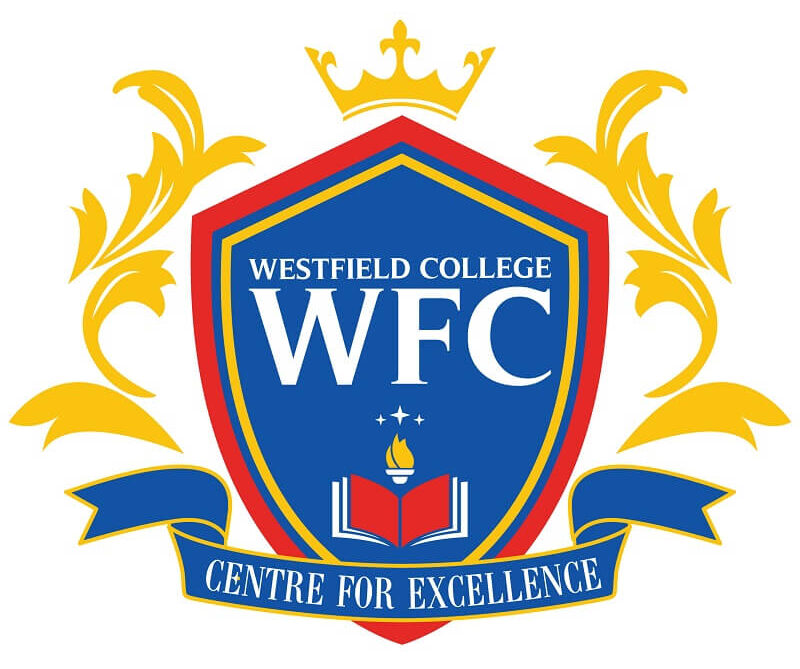Communication in Health and Social Care. Great Course. Very Easy to Understand
BA (Hons) Working with Children and Families

Overview:
The Working with Children and Families course provides the knowledge and skills you need to work with children and families in a range of settings.
You’ll examine issues that influence the lives and well-being of children and families in today’s society. Your studies will cover a range of services, systems, policies and work practices that support children and families. To reflect the reality of the workplace, you’ll explore multi-agency working and understand the roles of different professionals in education, youth, community and social care.
A key feature of the Working with Children and Families course is attending a work placement. Alongside your academic studies, this allows you to see how theory, policy and practice relate to each other, and will prepare you for a range of career opportunities.
Career paths usually include work in schools, children’s charities, integrated children’s centres, and social care settings, as well as postgraduate study in education, youth & community work or social work.
BA (Hons) Working with Children and Families
Typical A-Level Offer
CCD to exclude General Studies (this is equivalent to 88 UCAS tariff points).
Typical Welsh BACC Offer
Pass the Advanced Welsh Baccalaureate Diploma with Grade C/D in the Skills Challenge Certificate and CD – CC at A Level to exclude General Studies (this is equivalent to 88 UCAS tariff points).
Typical BTEC Offer
BTEC Extended Diploma Merit Merit Merit (this is equivalent to 96 UCAS tariff points).
Typical Access to HE Offer
Pass the Access to HE Diploma with a minimum of 88 UCAS tariff points
Additional Requirements
GCSEs: The University normally requires a minimum 5 GCSEs including Mathematics/Numeracy and English at Grade C or Grade 4 or above, or their equivalent, but consideration is given to individual circumstances.
Online application form
Information requested on this form should be completed in as much detail in order to process your application successfully. All fields marked * must be completed.
Apply Now
Entry Requirements
Contextual offers
We may make you a lower offer based on a range of factors, including your background (where you live and the school or college that you attended for example), your experiences and individual circumstances (as a care leaver, for example). This is referred to as a contextual offer and we receive data from UCAS to support us in making these decisions. USW prides itself on its student experience and we support our students to achieve their goals and become a successful graduate. This approach helps us to support students who have the potential to succeed and who may have faced barriers that make it more difficult to access university. Here is a link to our Contextual Admissions Policy.
Other qualifications and experience
We can also consider combinations of qualifications and other qualifications not listed here may also be acceptable. We can sometimes consider credits achieved at other universities and your work/life experience through an assessment of prior learning. This may be for year one entry, or advanced entry to year two or three of a course where this is possible.
To find out which qualifications have tariff points, please refer to the UCAS tariff calculator.
If you need more help or information or would like to speak to our friendly admissions team, please contact us here
Additional Requirements:
An Enhanced Disclosure and Barring Service (DBS) check on the Child & Adult Workforce and Child and Adult Barring Lists and subscription to the DBS Update Service. (Overseas equivalent required for non-uk applicants)
WHAT YOU WILL STUDY
Throughout the Working with Children and Families course you will study key debates on theories of child development and childhood, which will reflect the changing agenda in this sector. You will explore children’s rights and how these are incorporated into policy and practice in England and Wales, as well as international perspectives and the fundamentals of social pedagogy.
Your studies will help you understand the role of professionals in safeguarding children and young people, as well as equality and diversity, and services that support children and families. You will also develop an understanding of leadership and collaborative approaches in theory and practice, as well as having a chance to research in an area of interest.
You will also have the chance to develop your professional skills through teaching and work placements, which will allow you the opportunity to focus on your future career choice and develop your understanding of a range of contexts.
As well as integrated work experience, you will have further opportunities to improve your knowledge and skills. These include additional opportunities to complete First Aid and Safeguarding qualifications.
Year One: Working with Children and Families Degree
- Safeguarding Children and Young People (20 credits)
- Youth and Community Work and Social Change (20 credits)
- Adolescence and Wellbeing: Identifying and Supporting Developmental Transitions (20 credits)
- Professional Values and Ethics in Youth and Community Work (20 credits)
- Youth Work in Action: Role of Youth and Community Worker 1 (20 credits)
- Youth Work in Action: Role of Youth and Community Worker 2 (20 credits)
Year Two: Working with Children and Families Degree
- Applied Practice 1 (40 credits)
- Safeguarding Children and Young People (20 credits)
- Inclusion, Equality and Diversity (20 credits)
- Researching with Children and Young People (20 credits)
- Children, Families and the Law (20 credits)
Year Three: Working with Children and Families Degree
- Dissertation (40 credits)
- Applied Practice 2 (40 credits)
- Child and Adolescent Mental Health (20 credits)
- Leading, Managing and Collaboration (20 credits)
Teaching
You will learn through a combination of work based learning, placements, lectures, seminars, workshops, external visits, directed study and independent study. The module teaching seeks to support the professional, work based aspect of the course and teaching frequently includes group work, resource creation, as well as case study work to support application into practice.
Assessment
You will be assessed through a combination of essays, case studies, project reports, in-class exercises, online tests, posters, preparing resources and presentations. Assessments aim to provide you with skills you can apply in practice alongside key academic skills.
COURSE DETAILS
Placements
Work placements are a key feature of the Working with Children and Families degree. You will begin your placements in year one and continue these throughout the degree, becoming longer and more involved as you progress.
The placements allow you the opportunity to tailor your experiences to support your future career plans by giving you the choice to experience a diverse range of services or to follow a specific route.
These experiences will give you first-hand experiences in the world of work, boosting your CV and developing key networks within the sector.
Facilities
Newport City is a modern campus with up to date classrooms and facilities, which include access to a range of computer and IT resources, as well as an extensive library service. Learning resources include iPads and a wide selection of storybooks and toys. There is also access to outdoor spaces as well as an outdoor learning resource area.
Additional Requirements
We also welcome international applications with equivalent qualifications. Please visit the country specific pages on our international website for exact details.
English Requirements
In general, international applicants will need to have achieved an overall IELTS grade of 6.0 with a minimum score of 5.5 in each component.
However, if you have previously studied through the medium of English IELTS might not be required, but please visit the country specific page on our international website for exact details. If your country is not featured, please contact us.
CAREERS
Career paths typically include opportunities to work in schools, children’s charities, integrated children’s centres, and social care settings. Additionally graduates may select to progress onto postgraduate studies in education (PGCE) or social work.
Our Careers and Employability Service
As a USW student, you will have access to advice from the Careers and Employability Service throughout your studies and after you graduate.
This includes: one-to-one appointments from faculty based Career Advisers, in person, over the phone or even on Skype and through email via the “Ask a Question” service. We also have extensive online resources for help with considering your career options and presenting yourself well to employers. Resources include psychometric tests, career assessments, a CV builder, interview simulator and application help. Our employer database has over 2,000 registered employers targeting USW students, you can receive weekly email alerts for jobs.
Our Careers service has dedicated teams: A central work experience team to help you find relevant placements; an employability development team which includes an employability programme called Grad Edge; and an Enterprise team focused on new business ideas and entrepreneurship.
Fees
Full time
- 12 to 18 months
£7,250
You’ll study 9 modules in total (approx. 37 hrs/week).
Part time option one
- 12 to 18 months
£4,250
You’ll study 6 modules per year (approx. 25 hrs/week).
Part time option two
- 12 to 18 months
£5,500
Have a question about our professional qualifications?

Contact us about our professional qualifications
If you have any questions about our professional qualifications in finance and banking, please contact our customer services team.
Call us
- +44 (0) 203 771 5653
- admissions@westfieldcollege.co.uk
What Our Students Have To Say
Hi, I recently started Access to Higher Education Diploma (Nursing and Midwifery) course with Westfield College.
--Komal Kiran Galaria
DesignerMy experience with Westfield College is great. The supervisor and the admin team are proactive and efficient.

